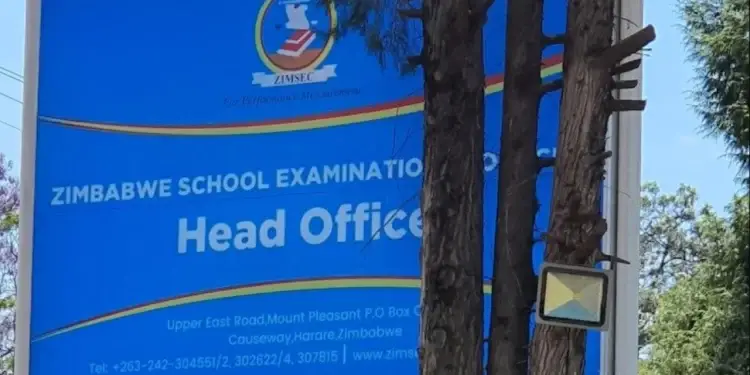In a welcome development, the Zimbabwe School Examinations Council (Zimsec) is set to introduce video examinations for Grade Seven candidates with hearing impairment next year. This move aligns with the Government’s commitment to inclusive learning.
Mr Sindile Mhlanga, a Zimsec board member and education specialist for learners with disabilities, shared in an interview, with the help of an interpreter, that the video examinations aim to support learners with hearing impairment. The project is in its final stages and is scheduled for a pilot run in the first quarter of 2024.
Currently, students with hearing impairment face the same learning and examination conditions as their peers without disabilities, putting them at a disadvantage. Mr Mhlanga emphasized that these students need feedback, leading to the introduction of video examinations.
“Students with hearing impairment are subjected to the same learning and examinations environment as their counterparts who are not living with disabilities which is a disadvantage to them. These students with hearing impairment need feedback hence the introduction of videos,” said Mr Mhlanga.
Highlighting the challenges faced by students with hearing impairment during written exams, Mr Mhlanga expressed optimism that the introduction of video examinations will help address some of these issues.
“Students with hearing impairment are facing challenges when writing examinations and it is hoped the introduction of the videos will address some of the challenges,” said Mr Mhlanga.
He noted that it has been observed that learners with hearing impairment often perform below their expected academic levels due to these challenges.
“Hearing impairment does not mean one is incapable of performing well academically hence this project meant to address some of their challenges,” said Mr Mhlanga.
Mr Mhlanga, who himself is hearing impaired, shared that he has personally experienced the difficulties that students with hearing impairment encounter.
He shared how he could not enrol at the National University of Science and Technology (Nust) after passing his A-Levels because the university did not have a department for the hearing-impaired.
However, Mr Mhlanga’s journey took a positive turn when he received a five-year scholarship to study Management of Information Systems in America from a Japanese institution.
Reflecting on his time abroad, Mr Mhlanga witnessed the success of deaf students in an environment that offered equal educational opportunities. This experience motivated him to advocate for the introduction of video examinations at Zimsec, ensuring that students with hearing impairment have the support they need to excel academically.
Source iHarare









